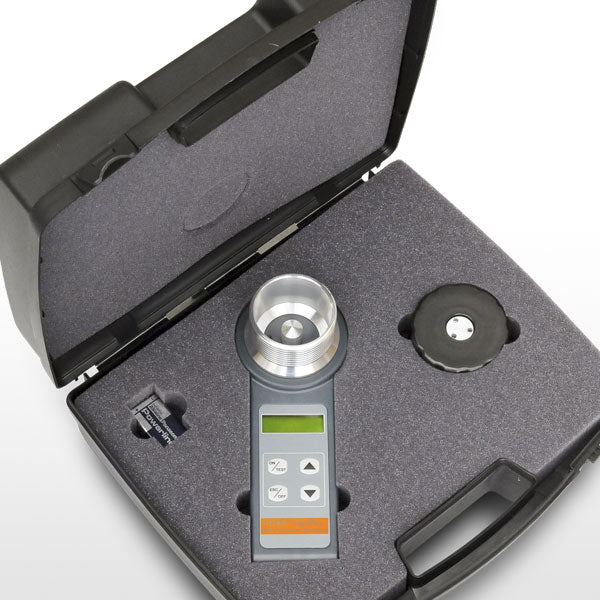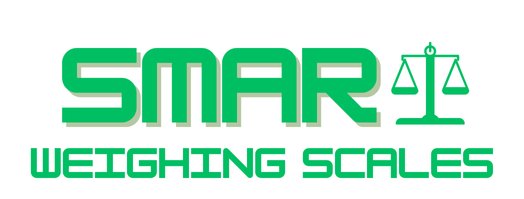Smart Weighing Scales Kampala
Moisture meters types in Uganda
Moisture meters types in Uganda
Couldn't load pickup availability
Types of Moisture Meters in Uganda
1. Grain Moisture Meters
-
Purpose: Specifically designed to measure moisture content in grains like maize, beans, wheat, and rice.
-
Features: Portable, quick readings, and often come with calibration for multiple grain types.
-
Ideal For: Farmers, traders, and millers who need accurate moisture readings for storage and quality control.
-
Examples: Models from brands like Sinar, Wile, and Draminski are popular in Uganda. agromarketday.com
-
Pin-Type Moisture Meters
-
Purpose: Use two sharp pins to penetrate the material and measure electrical resistance, which varies with moisture content.
-
Accuracy: Highly accurate for solid materials like wood, drywall, or grains.
-
Applications: Widely used in agriculture to ensure grains are dry enough for storage or export.
-
Pros: High precision for dense materials.
-
Cons: May leave small holes in the material. eagleweighingsystems.com
-
Pinless Moisture Meters
-
Purpose: Use an electromagnetic sensor that scans the surface of the material for moisture content.
-
Accuracy: Accurate for materials with consistent density, such as finished wood or paper.
-
Applications: Used in furniture making to prevent warping or cracking.
-
Pros: Non-invasive, leaves no marks.
-
Cons: Less accurate for dense or irregular materials. eagleweighingsystems.com
4. Soil Moisture Meters
-
Purpose: Measure soil moisture using probes that assess water content directly.
-
Accuracy: Accurate for soil with consistent texture and composition.
-
Applications: Used by farmers for irrigation planning and researchers to monitor wetland ecosystems.
-
Pros: Ideal for agricultural and environmental monitoring.
-
Cons: Accuracy may vary with highly textured or compacted soils. eagleweighingsystems.com
5. Infrared Moisture Meters
-
Purpose: Use infrared technology to measure moisture content by analyzing the light reflected from the material.
-
Accuracy: Highly accurate for thin or flat materials like paper or textiles.
-
Applications: Used in industries like printing, textiles, and packaging.
-
Pros: Non-contact measurement, fast and reliable for surface readings.
-
Cons: Limited to surface measurements. eagleweighingsystems.com
-
-


